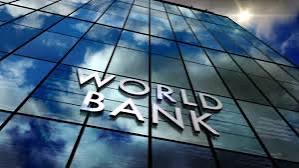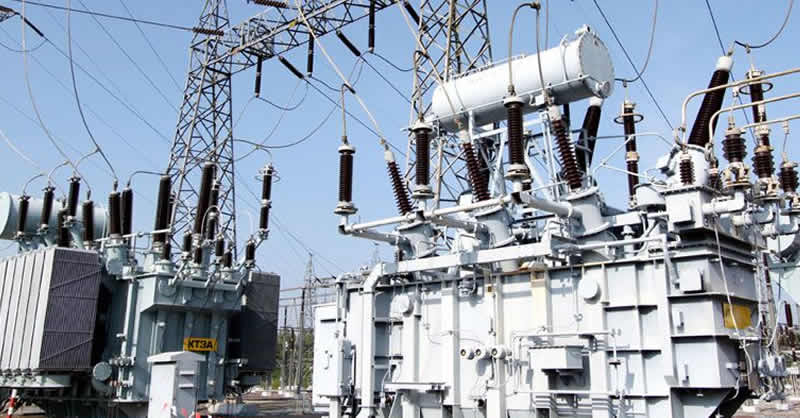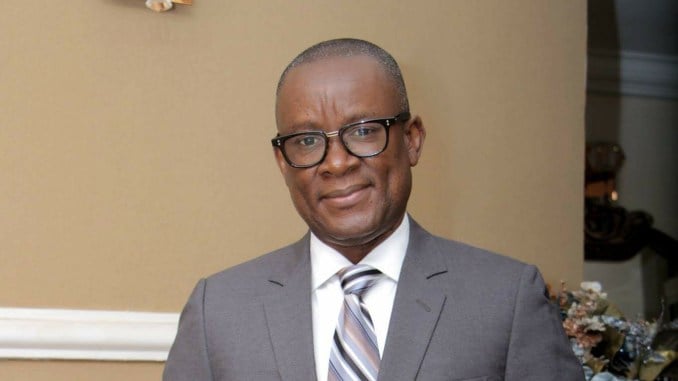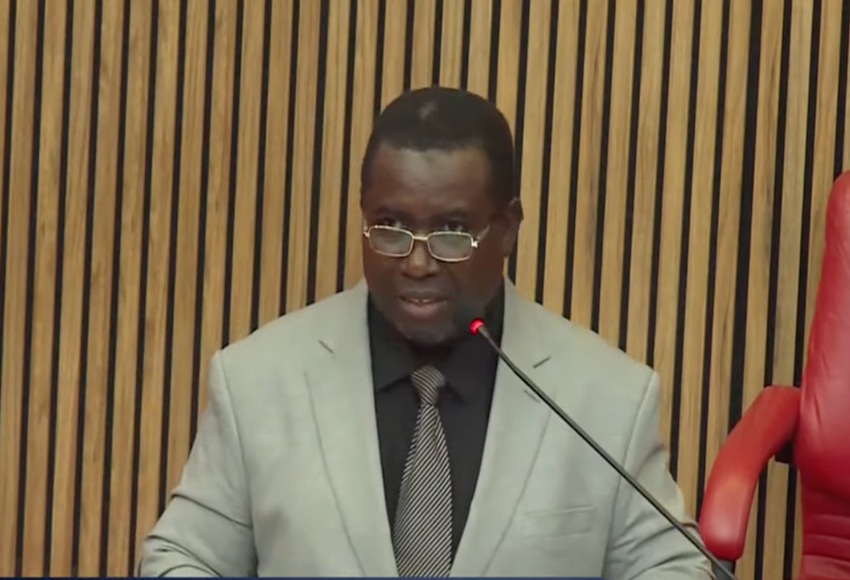
The World Bank has announced the elimination of several loan fees to make borrowing more affordable for vulnerable countries, a significant move aimed at addressing global challenges like climate change, inequality, and economic fragility.
In a statement shared via its official X handle on Tuesday, the global lender disclosed measures including the removal of the prepayment premium on International Bank for Reconstruction and Development (IBRD) loans, the introduction of a grace period for commitment fees on undisbursed balances, and extending its lowest pricing to small, vulnerable states.
“The Bank is working hard to make it easier for countries to borrow and to pay back their loans more easily by removing some fees on IBRD loans,” the World Bank stated.
Reforms to Bolster Lending Capacity
The fee waivers are part of broader financial reforms aimed at increasing the World Bank’s lending capacity by $150 billion over the next decade. These reforms include adjustments to the IBRD’s equity-to-loans ratio, reduced from 20% to 18%, unlocking an additional $70 billion in lending potential. Another $10 billion was secured through bilateral guarantees, with $1 billion contributed by the Asian Infrastructure Investment Bank.
“These measures are designed to make borrowing easier and more affordable for countries facing significant challenges,” the Bank noted. It emphasized that the reforms align with its vision to become a “better, more efficient, and bigger” institution capable of addressing overlapping global crises.
Despite the expansion, the Bank assured that its Triple-A credit rating would remain intact, citing innovative financial instruments and shareholder support as critical enablers of its strategy.
Innovative Financing to Tackle Global Issues
The reforms also include a Framework for Financial Incentives (FFI), launched in April 2024, to address cross-border challenges such as biodiversity, water security, and pandemic prevention. This framework has already introduced the Global Solutions Accelerator Platform and the Livable Planet Fund, with Japan making the inaugural pledge.
“The FFI is the first comprehensive framework among multilateral development banks to incentivize financing for projects with global benefits,” the World Bank highlighted.
Private sector participation is another focus, with innovative financial tools like outcome bonds, catastrophe bonds, and climate-resilient debt clauses being deployed. Notable projects include the Wildlife Conservation Bond, which financed Black Rhino conservation in South Africa, and plastic waste reduction-linked bonds for recycling initiatives in Ghana and Indonesia.
“We are finding new ways to channel private investment into emerging markets and address barriers to sustainable development,” the Bank stated.
Call for Collaboration
The World Bank acknowledged that multilateral institutions and governments cannot meet the trillions of dollars needed annually to combat climate change, promote digital inclusion, and support fragile states alone. It urged global stakeholders to collaborate in leveraging these new financial instruments to bridge funding gaps and drive sustainable development.
These reforms underscore the Bank’s commitment to easing the financial burdens on the world’s most vulnerable nations while addressing the pressing global issues of today.
Advertisement








